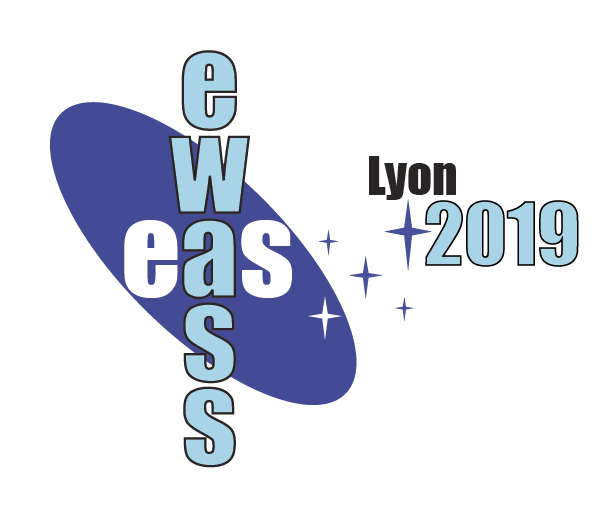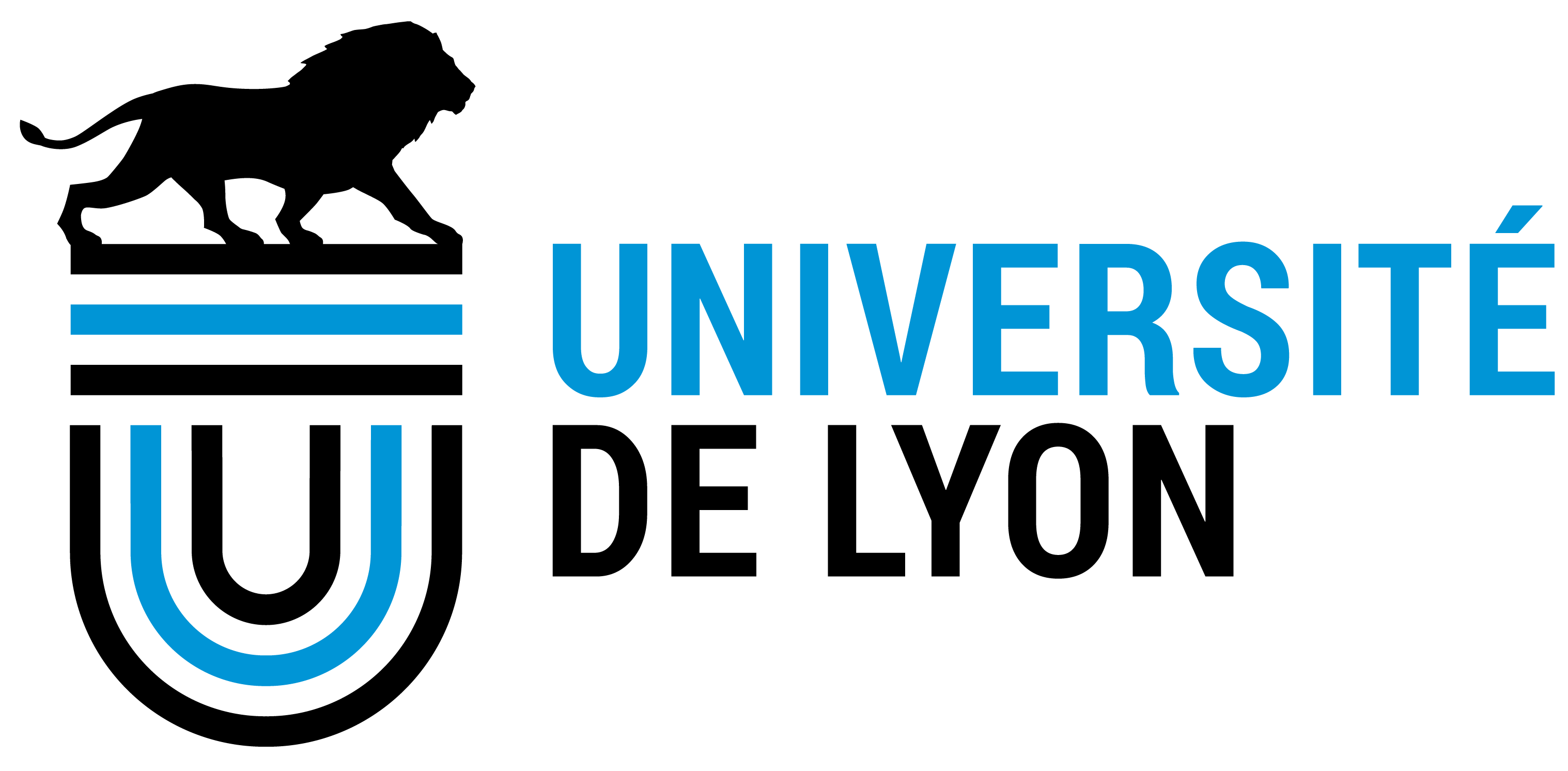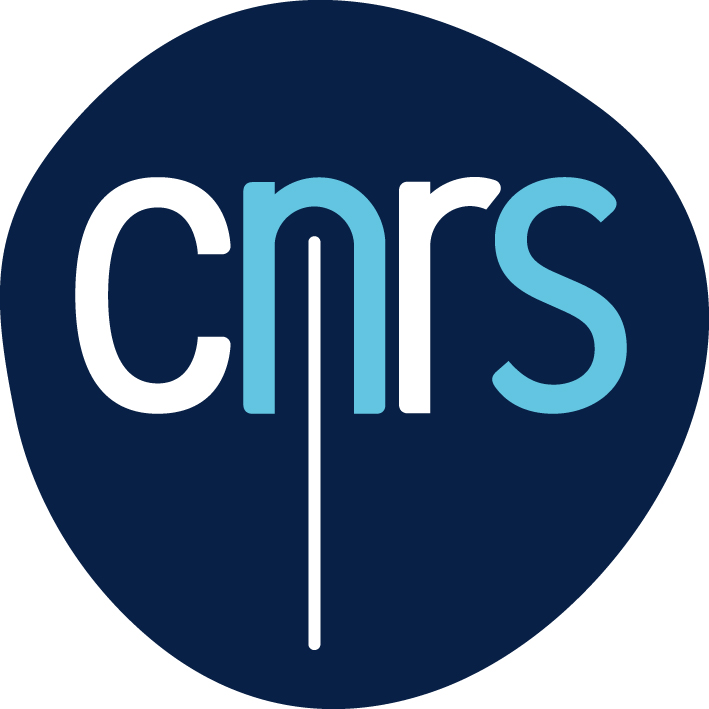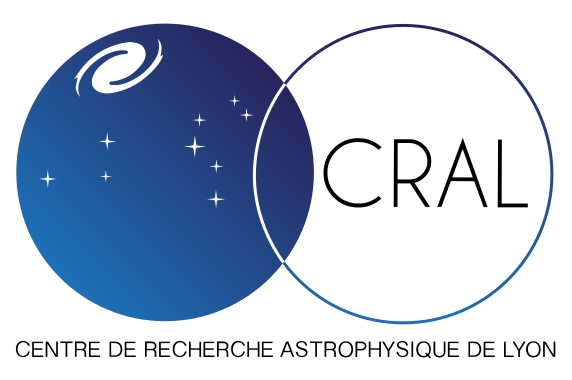Symposium S9
24-25 June 2019
The future of exoplanets: synergy between small-scale and large-scale telescopes
Aims and scope
Exoplanet science is currently undergoing a transformation. Interestingly, much of this progress is driven by telescopes of small and moderate apertures (say, of up to 50 cm in space or aboard stratospheric balloons, and 4 m on the ground). These facilities have their own niches in which they are highly complementary to larger telescopes in the detection and characterization of exoplanets. Emphasizing the complementarity between small and large telescopes and the science that can be obtained from each of these classes of facilities is a major motivation for this Symposium.
Also, as new instrumentation on mid and large telescopes now enables characterization of exoplanets, it becomes crucial to highlight the ongoing advances in the exploration of the solar system at both the technical and scientific level. Fostering the exchange of ideas and methods between the solar system and exoplanet communities is also a major motivation for this Symposium.
In summary, we welcome scientific contributions (observational, but also theoretical and modeling) that describe the state-of-the-art in the planetary sciences of the solar system and beyond. We particularly welcome contributions that emphasize: 1) the synergistic role of small and large facilities towards new and exciting discoveries; 2) the significance of exchanging ideas within the entire planetary community.
Programme
- The potential of micro- and nano-sats for exoplanet science
- A new generation of RV instruments on moderate-size telescopes
- Space-borne observations with small telescopes
- Professional-Amateur Synergies & Citizen Science
- The balloon opportunity
- Theory and modeling needed to support new observations.
- Updates on ongoing solar system space missions (e.g. ESA/TGO).
- Climate and dynamical modeling of exoplanets and solar system planets.
- Planetary interiors.
- Molecular chemistry and spectroscopy in support of planetary science.
Invited speakers
- Gwenaël Boué (Paris Observatory)
- Sasha Hinkley (University of Exeter)
- Sylvestre Lacour (Paris Observatory)
- Stéphane Mathis (CEA)
- Aline A. Vidotto (University of Dublin)
- Ignas Snellen (Leiden University)
- Daniel Bayliss (Warwick University)
- David Ehrenreich (University of Geneva)
Scientific organisers
Thierry Fouchet, LESIA, Paris, France.
Antonio García Muñoz, Technische Universität Berlin, Germany.
Kristine Lam, Technische Universität Berlin, Germany.
Alexis Smith, DLR Berlin, Germany.
Isabelle Boisse, LAM, Marseille, France.
Arnaud Cassian, IAP, Paris, France.
Anne-Marie Lagrange, Institut de Planétologie et d'Astrophysique de Grenoble, France.
Hans Deeg, Instituto de Astrofísica de Canarias, Spain.
Susana Barros, Instituto de Astrofísica e Ciências do Espaço, Portugal.
Petr Kabath, Astronomical Institute Ondrejov, Czech Republic.
Contact
Thierry.Fouchet @ obspm.fr;
garciamunoz @ astro.physik.tu-berlin.de
Updated on Sat Mar 30 16:45:41 CET 2019
|

 A power cut will shut down all EAS services on Tuesday, 10 January 2017 starting at 7:30 CET.
A power cut will shut down all EAS services on Tuesday, 10 January 2017 starting at 7:30 CET.





